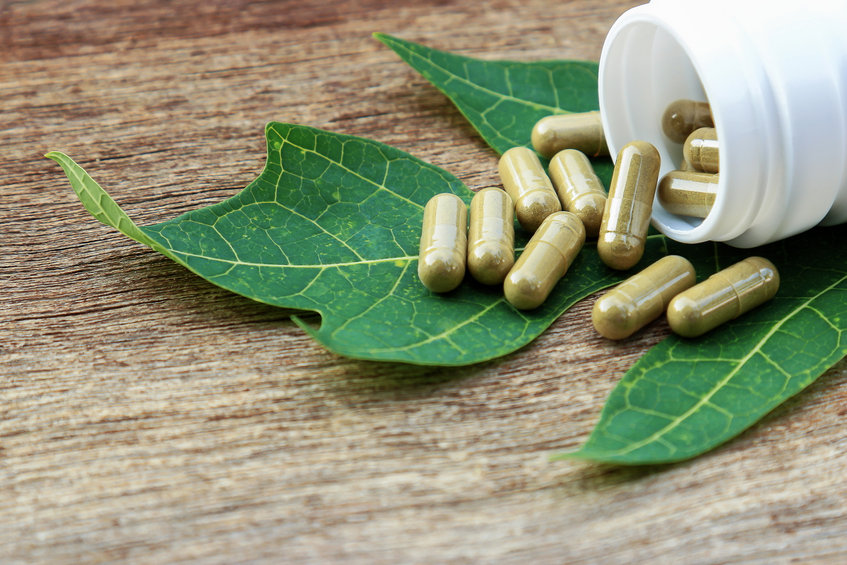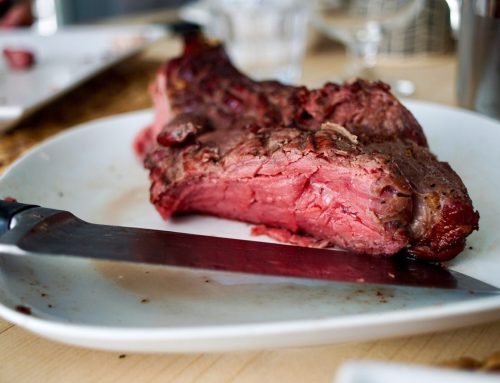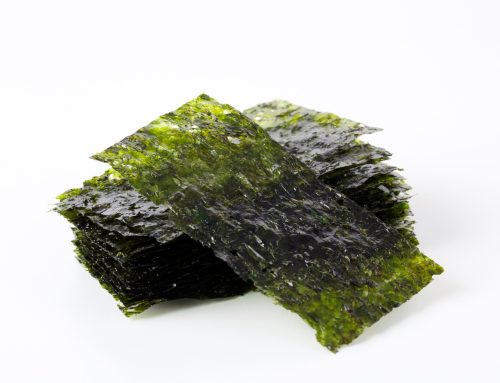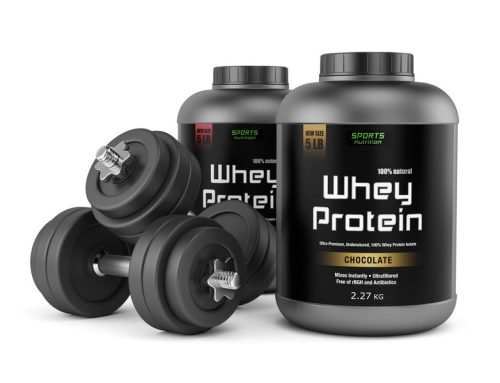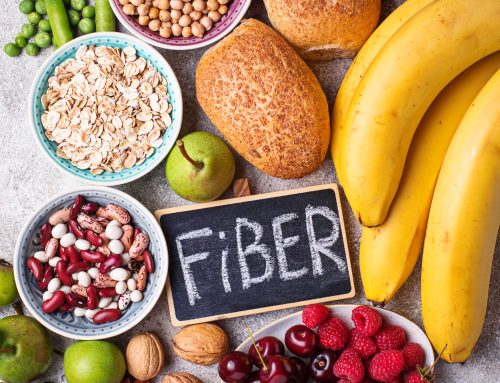Herbal weight loss supplements are tempting because they seem like a shortcut. But are they safe and effective? The thing is, those concoctions could make things worse instead of better. Obesity medicine physician Shweta Diwakar, MD, helps us understand how they work and why it’s better to stick with a supervised weight loss program.
How do herbal weight loss supplements cause weight loss?
According to Dr. Diwakar, there is a lack of high-quality evidence to suggest how herbal weight loss supplements work.
“Most herbal supplements have limited or no consistent data to support long-term weight loss efficacy and safety. They also have the potential for adverse interactions between supplements and prescription medications. Unlike medications, supplements are not intended to treat, diagnose, prevent or cure diseases. Therefore, claims such as ‘reduces pain’ or ‘treats heart disease’ aren’t substantiated. Claims like these can only legitimately be made for drugs that go through scientific rigor, a process that’s not routinely followed for dietary supplements,” says Dr. Diwakar.
“Natural” doesn’t automatically mean “safe”
One mistake that people make is thinking that herbal weight loss supplements are good for them because the ingredients aren’t synthetic. Dr. Diwakar points out that herbs are not always safe just because they’re natural. In fact, increased herbal and dietary supplement (HDS) use is directly proportional to increased HDS-induced liver injuries.
“HDS-induced liver injuries account for about 20% of the cases of liver damage in the U.S. The major implicated ingredients for these cases include anabolic steroids and green tea extract. Many weight loss supplements that are considered unsafe can be found online. It’s important to recognize that these products can come with associated risks.”
If you’re getting an herbal product from a retail chain, keep in mind that the salesperson might have limited knowledge about how the product works. They also might not be aware of reported problems or how the herbs might interact with medications that you may be taking.
Common over-the-counter and herbal weight loss products
Here are some key points about common herbal weight loss products and some insights as to their effectiveness as weight loss agents.
Ephedrine:
Ephedrine is a common ingredient in herbal dietary supplements used for weight loss. It’s also an ingredient found in asthma medicine. In addition, ephedrine is used to make methamphetamine or speed.
“Ephedrine can slightly decrease your appetite, but no studies have shown it to be effective in weight loss. Ephedrine can be dangerous. It can cause high blood pressure, changes in heart rate, trouble sleeping, nervousness, tremors, seizures, heart attacks, strokes and even death. Ephedrine can also interact with many prescription and over-the-counter medications. In the US, ephedra-containing dietary supplements are no longer available.”
St. John’s wort:
St. John’s wort, also called hypericum, is a plant that has been used for centuries to treat mental disorders, nerve pain, malaria, insect bites, wounds, burns and other conditions. More recently, St. John’s wort has been studied to treat depression, but studies have shown that it was no more effective than a placebo.
There aren’t too many studies that examine the use of St. John’s wort as a weight-loss agent. However, keep in mind that it shouldn’t be combined with anything that contains tyramine — aged cheeses, cured or processed meats, wine, pickled or fermented vegetables and citrus or tropical fruit to name a few. “Overall, using St. John’s wort for weight loss isn’t a good idea because it’s potentially very dangerous.”
Chitosan:
This dietary supplement is made from chitin, a starch found in the skeleton of shrimp, crab, and other shellfish. Chitosan binds with fat in fatty food, moves it through the digestive tract and then, the fat is passed out of the body in bowel movements. Some research suggests that combining chitosan with a calorie-restricted diet might result in a small amount of weight loss. But taking chitosan without reducing caloric intake doesn’t appear to cause weight loss. People with shellfish allergies might be allergic to chitosan as well.
Pyruvate:
Pyruvate is formed when the body digests carbohydrates and proteins. Some research suggests that it may promote slight weight loss. Found in the form of pyruvic acid, pyruvate is in many different types of foods, including red apples, cheese, and red wine. Pyruvate appears to be safe, but its claims of boosting metabolism, decreasing appetite and aiding in weight loss need further study.
Aloe:
Aloe, or aloe vera, is a plant that is related to cacti. Oral forms of aloe are added to herbal weight-loss products. Oral aloe causes bowel movements and many aloe weight-loss products are marketed as “internal cleansers.” Aloe supplements have not been proven to promote permanent weight loss. Taking oral aloe can lead to side effects such as abdominal cramping, diarrhea, electrolyte disturbances, and decreases in potassium. Therefore, taking oral aloe is likely unsafe, especially at high doses.
Cascara:
Cascara is only marketed as a dietary supplement. It is a common ingredient in weight loss products and is mostly used as a laxative for constipation. Misuse of this herb can cause disturbances in electrolytes (such as potassium and sodium). Electrolytes help your body maintain normal functioning. Do not take if you are pregnant or lactating (can be passed into breast milk). Cascara may interact with medications such as digoxin and diuretics.
Click here to read more about herbal weight loss supplements.


